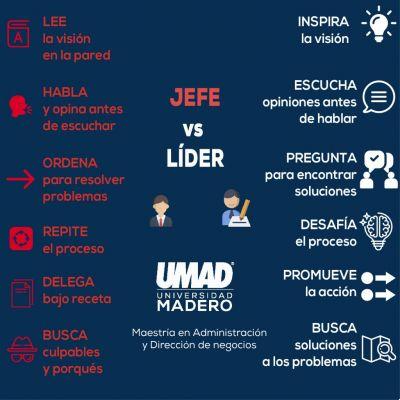To be able to communicate effectively with another person, knowing how to listen is one of the most important skills. Fortunately, it is a skill that can be practiced and improved with commitment and dedication. We talk about it in this article.

Last update: Augusts 10, 2021
Learning to listen is a skill that can be cultivated and strengthened, especially if you want to interact authentically with those around you. Who doesn't like being listened to with attention and interest?
One of our biggest flaws is that we tend to spend more time talking than listening. The problem is that we don't realize the effects it can have on our relationships with others.
Really listening, carefully, is a virtue that allows us to grasp what reaches us, analyze the information received, make decisions and give an opinion. It is essential to establish good communication and enrich our interpersonal relationships.
“It takes courage to stand up and speak. But much more to sit and listen ”.
-Winston Churchill-
Listening: participation and empathy
Today it is essential to have a certain degree of communication skills, skills that do not only concern speaking, but above all knowing how to listen to those around us. But something that seems so simple, sometimes it may not be.
In general, knowing how to listen involves establishing a connection with another person and paying close attention to the information they choose to reveal to us. In other words, listening needs empathy. For this reason it is a skill that takes time, practice and dedication.
Most people do not consider themselves isolated in the strict sense, but sometimes it happens that a deep and authentic communication gives way to a more practical and functional one, in which the weight of feelings is less and the interlocutor tends to be listened to by less.
5 ways to learn to listen
Psychologist Daniel Goleman says knowing how to listen is one of the main skills in people with emotional intelligence. So it is crucial to manage relationships with others.
If you want to develop the art of learning to listen actively, beyond the literal meaning of words, take note of the following tips:
Try to avoid distractions
We are constantly exposed to multiple sources of distraction, from external noise, such as the sounds of our electronic devices to internal noise, such as our thoughts in the form of worries.
To listen correctly it is important to avoid any kind of distraction and focus our attention on what the other is transmitting to us. That is, it is about focusing on the here and now, in the present moment, on what we are doing.
Ask open and honest questions
An open question invites the other person to tell their story, as it prompts them to respond with more than a monosyllable yes or no.
These questions are able to create a space for a broader answer, as well as communicate that we are empathetic with each other and that we are interested in everything they tell us.
Asking open questions to our interlocutor is a good technique for learning to listen, as we encourage him to answer with more than a few words.
Don't interrupt to learn to listen
If you find it difficult to avoid interrupting the conversation and introducing new topics, you need to be careful, because if you only care about yourself, the other person takes a back seat. Therefore, he will perceive that you are not interested.
For this it is important to learn to listen with attention and empathy, trying not to cut the thread of the conversation. Only in this way is it transmitted to the other that we want to know what he is saying.
Knowing how to respect one's turn, but above all paying attention to what we are told are essential tricks for communicating with others and avoiding monologues.
Practice active listening
It can sometimes be paradoxical that the lack of communication and isolation many people experience today are largely due to inadequate listening.
Beyond that, many are convinced that listening is an automatic process. Active listening essentially implies:
- Pay attention to the interlocutor.
- Make an effort to get the message.
- Demonstrate the ability to decipher it accurately.
Active listening refers to the ability to listen to not just the person who is speaking, but also to decipher his feelings, ideas and thoughts that underlie what he is saying.
This type of listening requires more effort than what you do when you speak and also what you do when you listen without interpreting what you are hearing.
Put aside prejudices to learn to listen
It is important to be aware that when we have a person in front of us, he is not exempt from receiving judgment and opinion from us, regardless of the topic we are dealing with in the conversation.
Making value judgments towards the interlocutor can shift attention to the person rather than to the speech, which is clearly influenced by it. It is important to avoid judging the other or at least to enter a negative dynamic of prejudice and criticism.
To conclude, speaking and listening are mechanisms implicit in every act of communication. As we have seen, knowing how to listen defines us as people and says a lot about us.
It is a demonstration of interest and concern for the other, as well as being a real act of generosity.


























